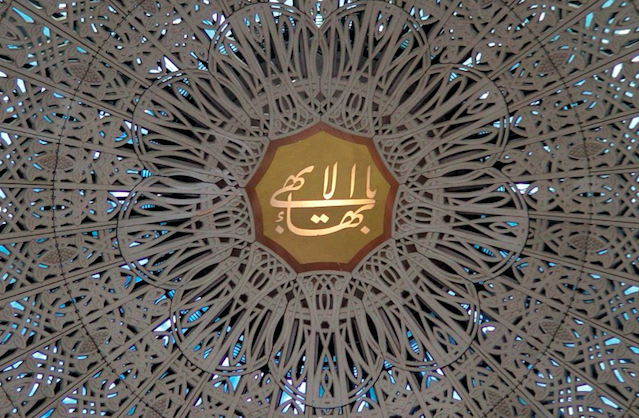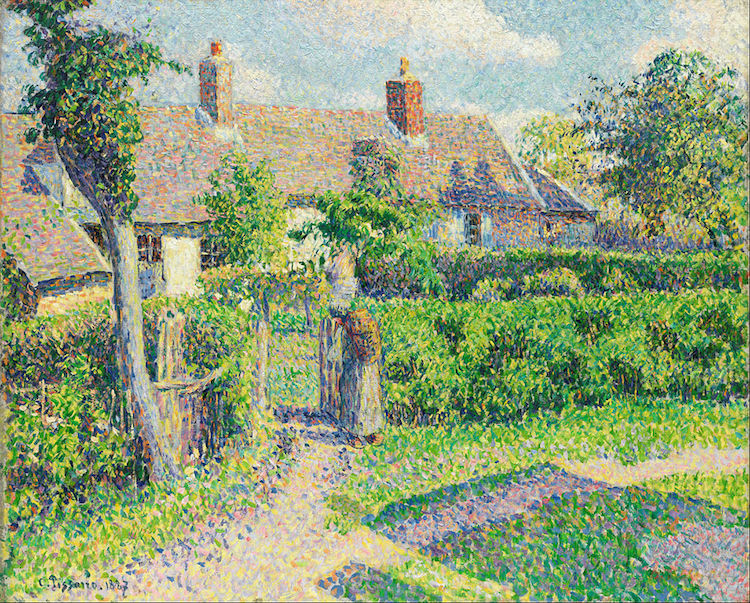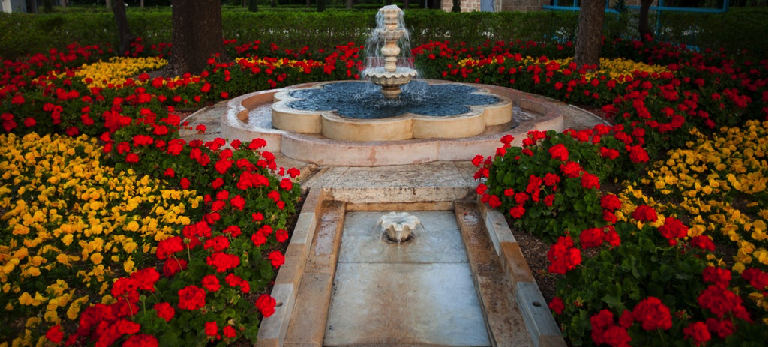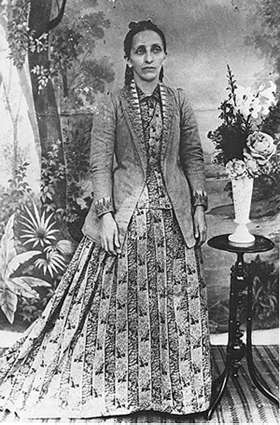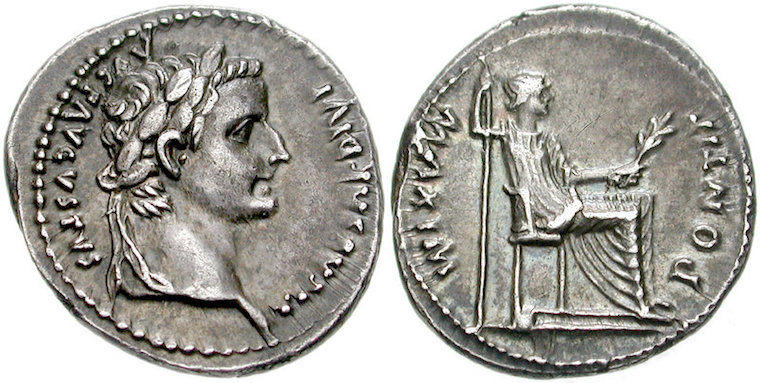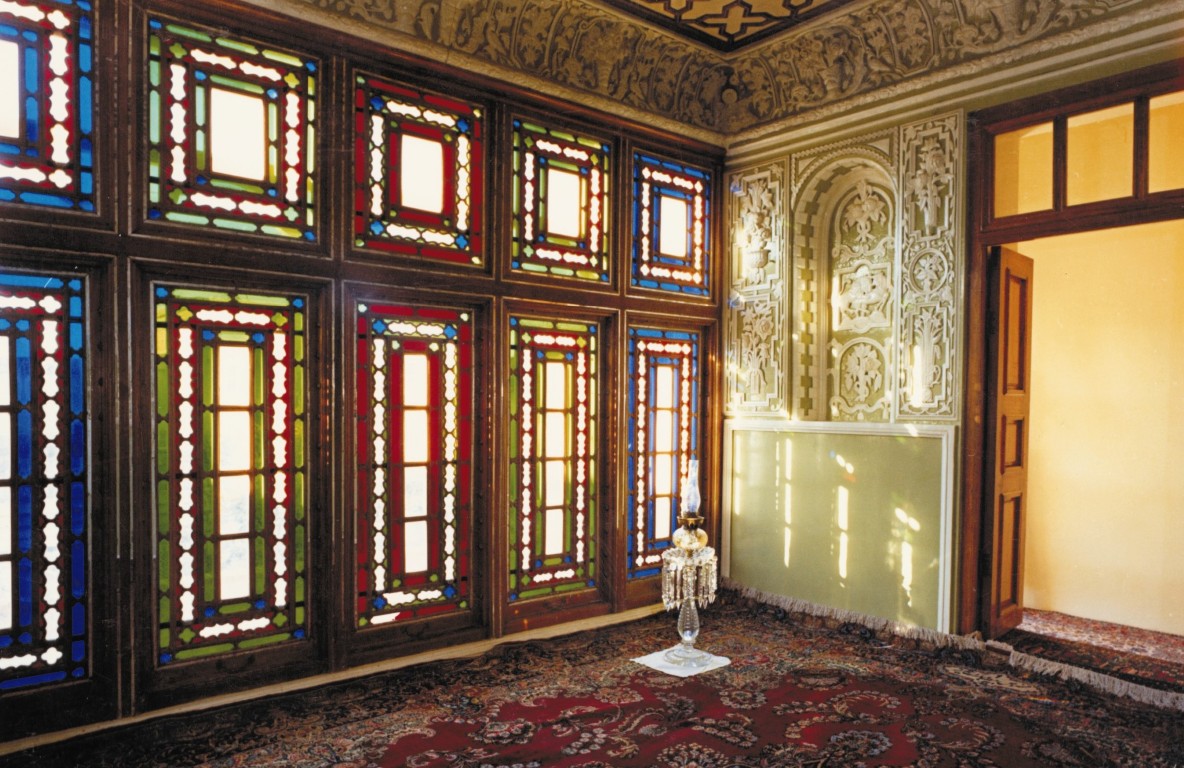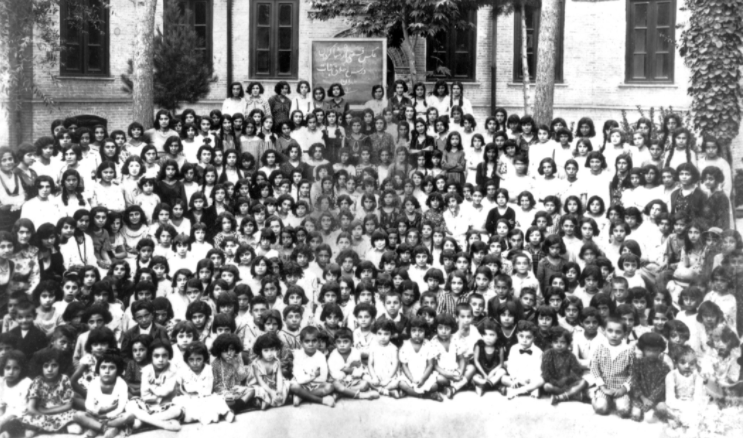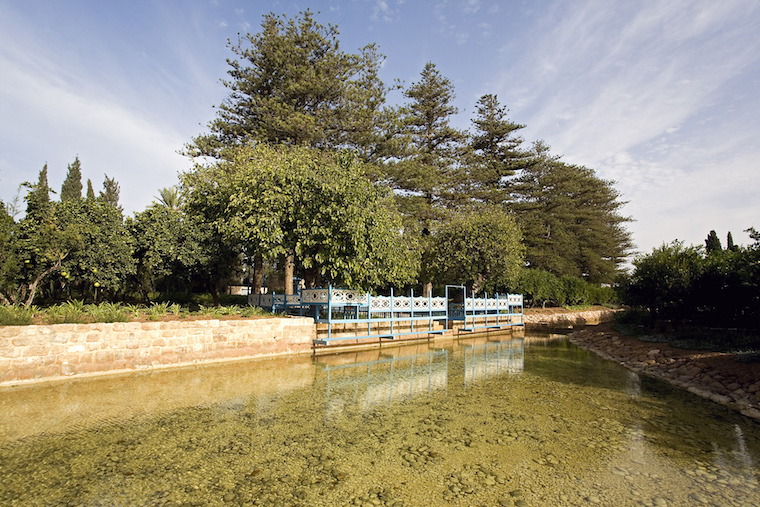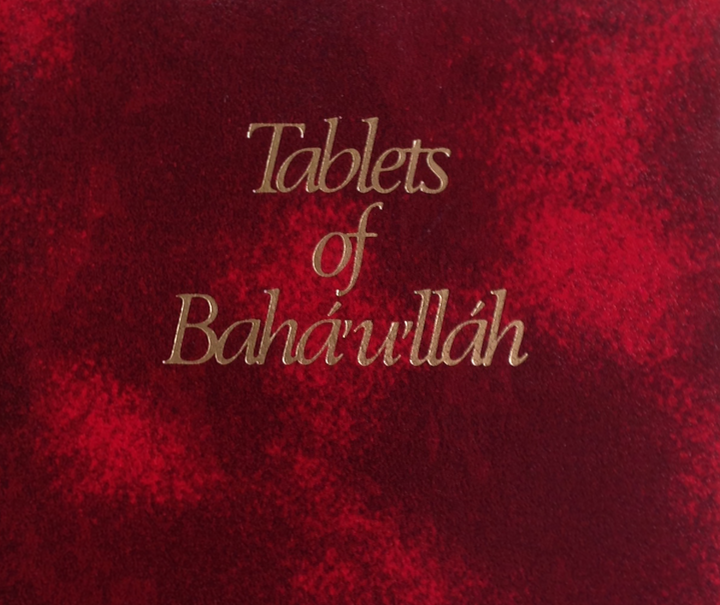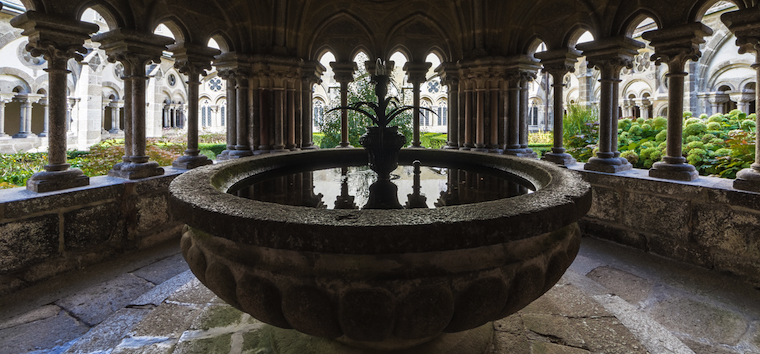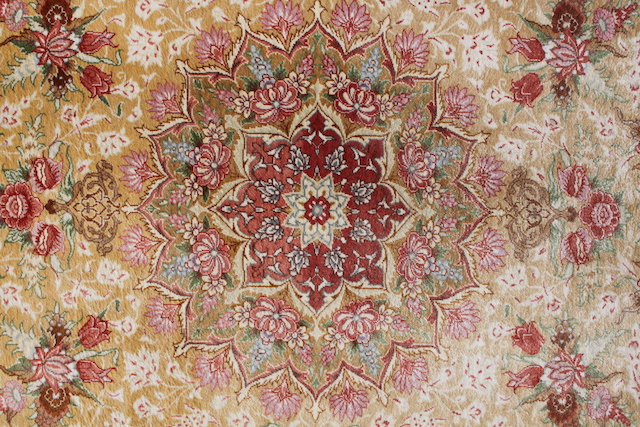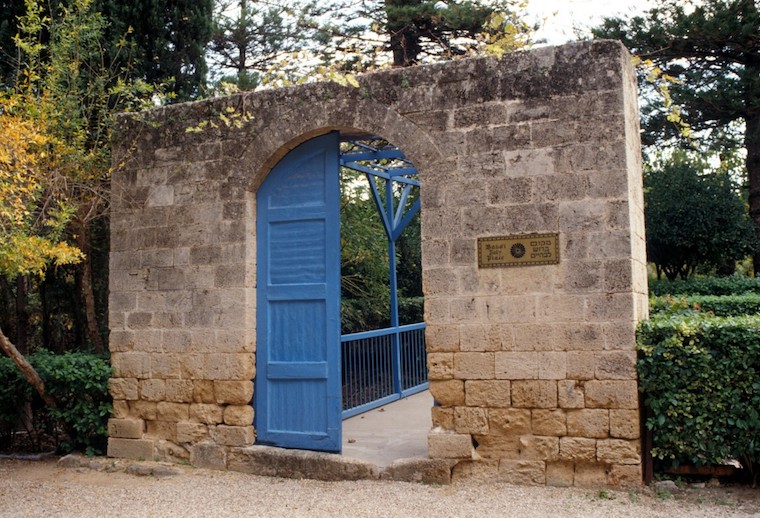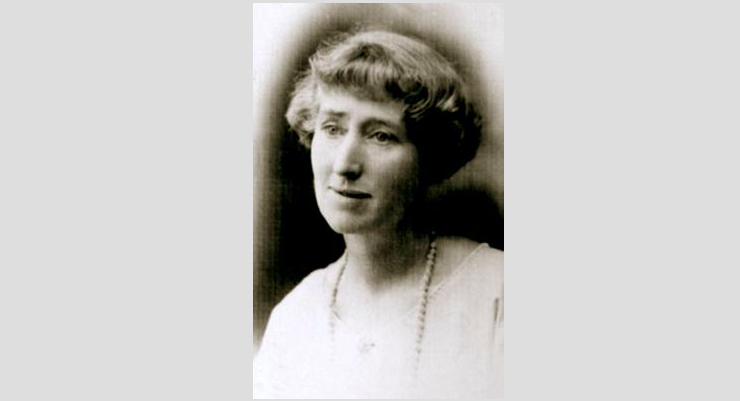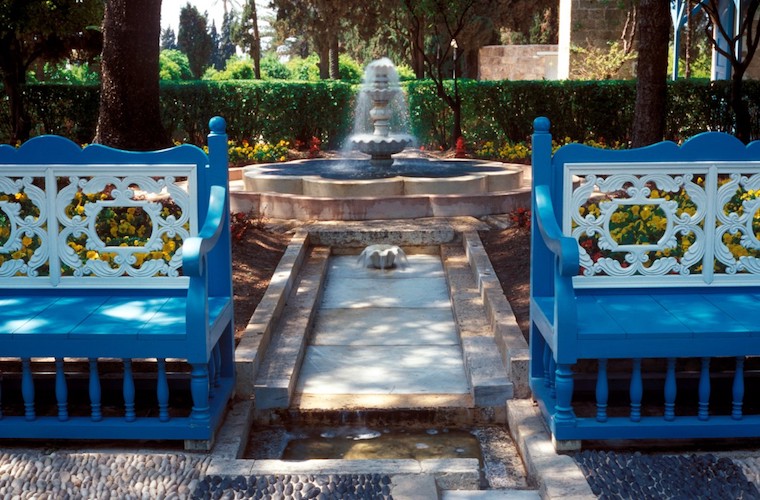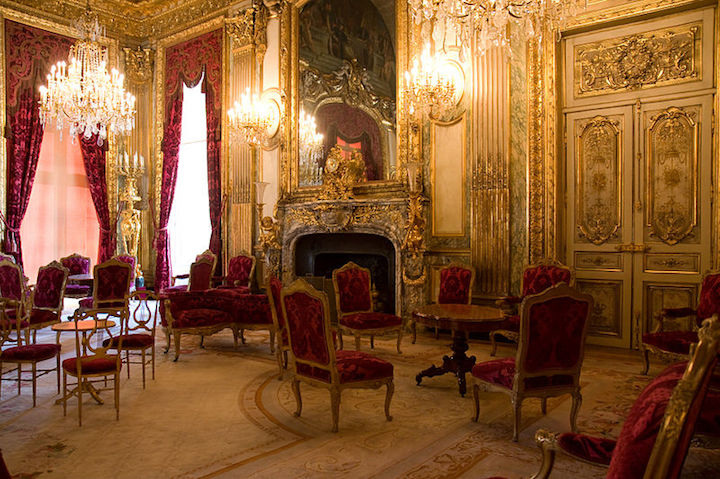Bahaullah's Writings
-
Cycles of Time: The World Is Not About to End
A further question answered by Bahá’u’lláh in the Tablet to Vafa, is about the concept of “return”. The concept changes utterly religious expectations about the future (at least in the Abrahamic traditions). The world will not be destroyed in a literal “Day of Judgment”. Know thou that the end is like unto the beginning. Even as thou dost consider the beginning, similarly shouldst thou consider the end, and be of them that truly perceive.[1] This suggests not linear time (which is the primary way in which we think about time in the current world); but rather cycles of time. To illustrate the concept Bahá’u’lláh recalls that the Bab has stated that…
-
Paradise
The Sura of Vafa replies to a number of questions. One question was about paradise. Like many parts of Bahá’u’lláh’s writings, these ancient religious concepts are recast in a new form by Bahá’u’lláh. Here is part of Bahá’u’lláh’s reply. It is a reality and there can be no doubt about it, and now in this world it is realized through love of Me and My good-pleasure. Whosoever attaineth unto it God will aid him in this world below, and after death He will enable him to gain admittance into Paradise whose vastness is as that of heaven and earth. Therein the Maids of glory and holiness will wait upon him in the…
-
Infinite Worlds
The Sura of Vafa (Suriy-i-Vafa) is another work from the latter period of Bahá’u’lláh’s life. Like other works of this period it is written to one of Bahá’u’lláh’s followers, this time in response to specific questions. Among them is a question about the “worlds of God”. This is Bahá’u’lláh’s reply. As to thy question concerning the worlds of God. Know thou of a truth that the worlds of God are countless in their number, and infinite in their range. None can reckon or comprehend them except God, the All-Knowing, the All-Wise. Consider thy state when asleep. Verily, I say, this phenomenon is the most mysterious of the signs of God amongst…
-
The Green Island and the Angel of Trustworthiness
In Tarazat (Ornaments) Bahá’u’lláh counsels his followers to be trustworthy. In describing trustworthiness, Bahá’u’lláh recounts a vision which he saw while on “the Green Island”. The Green Island is a small island of land created by a fork in a stream. It is near the prison city of Akka. Knowing Bahá’u’lláh’s love for nature, Abdu’l Baha leased the land in which the Green Island was found, anticipating that Bahá’u’lláh would be able to enjoy an access to nature that he had been denied in the years of imprisonment in Akka. The creation of the garden on the land was a work of love. Soil for the plants had to be brought. Plants…
-
Tarazat – Quenching the Fires of Hate and Animosity
Tarazat (meaning ornaments) is another work written by Bahá’u’lláh for one of his followers in the later years of his life. It is similar in form to works such as Ishraqat and Tajalliyat, in having at its core a set of enumerated teachings to which particular attention is drawn. Taraz means ornament and a previous article, as well as providing a brief summary of the Tarazat, particularly focussed on Bahá’u’lláh’s transformation of religious codes concerning dress into ethical teachings concerning the “adornment” of good conduct. In the article Mirror of the World we have seen Baha’u’llah’s reflections on the importance of accuracy in the reporting of news. These reflections also occur…
-
Ishraqat – What is Religion For?
In Ishraqat we also find an explicit discussion of the purpose of religion. The fact that Bahá’u’lláh has set this out in such explicit terms is another of the unique aspects of his life’s work as a prophet. The purpose of religion … is to establish unity and concord amongst the peoples of the world; make it not the cause of dissension and strife. The religion of God and His divine law are the most potent instruments and the surest of all means for the dawning of the light of unity amongst men. The progress of the world, the development of nations, the tranquillity of peoples, and the peace of…
-
Ishraqat – Universal Education, World Language and Global Institution
The work Ishraqat is a rich source of key teachings of Bahá’u’lláh. Among them are universal education, a world language and the establishment of the Universal House of Justice, the international governing council of the Baha’i Faith. Both Universal Education and a World Language are later identified by Abdu’l Baha as key principles of the Baha’I Faith. The Universal House of Justice is a foundation stone for human unity. In drawing attention to the importance of education, Bahá’u’lláh reminds his readers that in his book of laws, the Kitab-i-Aqdas, he has made the provision of education to children (both sons and daughters) an obligation of the child’s father (or where…
-
Ishraqat – Religion, Peace and Wisdom
Ishraqat, like Tajalliyat, is a letter written by Bahá’u’lláh to one of his followers. Today, Bahá’u’lláh’s works are collected together and translated into many languages. It was not so when these works were created by Bahá’u’lláh. The Baha’i Faith was suppressed and it was dangerous to even possess such writings. They had to be carried in secret over thousands of miles by trusted messengers. To obtain a copy, each work had to be laboriously copied by hand. Some of the conditions of this time can be understood from Edward Granville Browne’s description of meeting Baha’is when he was in Persia, which we have seen in a previous article. It is…
-
Tajalliyat – Radiant Lights and the Spirit of Truth
Tajalliyat is a work written by Bahá’u’lláh to one of his followers. It starts with a preamble in Arabic and then switches to Persian so that the Persian people may “become aware of the utterances of the Merciful Lord” and “discover the truth”. We have seen that the question of language is one which arises repeatedly in Bahá’u’lláh’s writings. Bahá’u’lláh counsels the adoption of a world language. Moreover, when asked about language preference Bahá’u’lláh focusses on the purposes of language as a vehicle for effective communication. Also in Tajalliyat, Bahá’u’lláh summarises the objections the “people of tyranny” have made to him: Some of them say: “He hath laid claim to…

